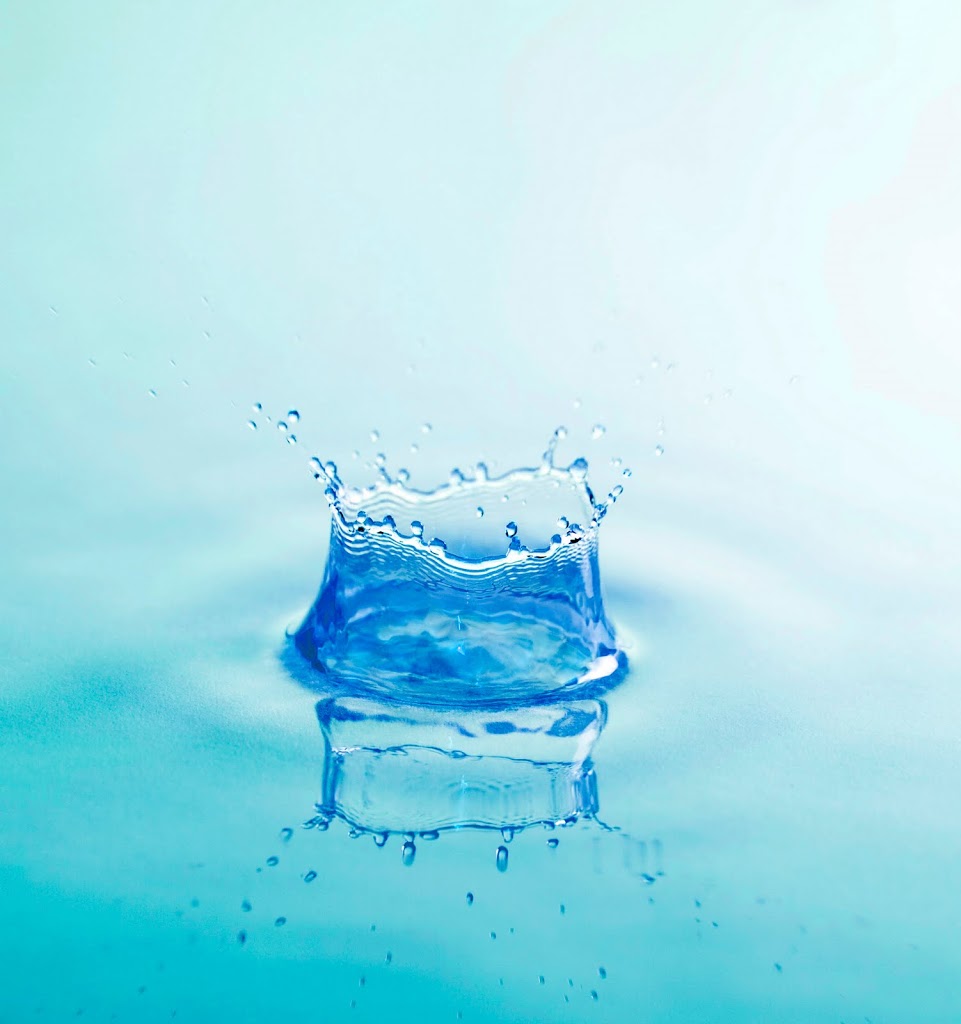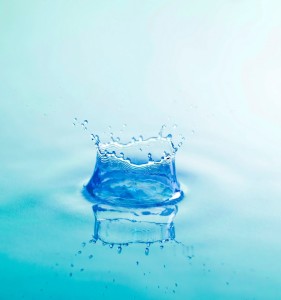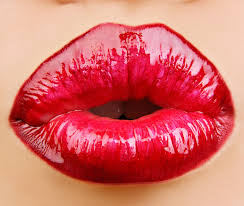
Water: The Ultimate Moisturizer

A few weeks ago, I saw a tweet that baffled me a bit. Someone (I don’t remember who) was completely annoyed that the top ingredient in some product was water. My first thought was “Whoa, what’s wrong with water?!” More recently, I read about a product line whose claim to fame is “water-free”. From a formulator’s perspective, water can be a nuisance when you are trying to avoid the use of preservatives. That is a big deal in times like these where the natural, eco and organic movement is in full effect. I’m still not clear why consumers would be up in arms about the presence of water in a formula, but I’m here to tell you why you should love it.
Water is THE ultimate moisturizer. Moisture cannot exist if water is not present, so the primary function of water in a moisturizing product is to be the source of moisture. In a perfect world, water would be all we need to maintain well moisturized skin and hair, but that’s just not the way it is. Because water will always evaporate, there needs to be ingredients in a product that act as a barrier to prevent water loss. These barrier (occlusive) ingredients are waxes, vegetable oils and silicone oils. As a bonus, most barrier ingredients come with added benefits like vitamins, minerals, essential fatty acids, etc.
Another main function of water in a cosmetic formula is to be a solvent. Not only are raw materials concentrated, but they also need a medium to be dispersed. Water dissolves these raw materials and allows them to be used in safe concentrations. [While many raw materials can be used as is, they are equally effective in lesser concentrations.] I fear that some people think water as a top ingredient makes the product “watered down” or ineffective. That couldn’t be further from the truth. Consider the amount of laundry detergent you use in relation to the amount of water the fills the washer. The ratio of detergent to water is clearly 1 to 99 yet, you have full confidence that the minute amount of detergent you used will clean your clothes. The same concept applies to water in cosmetics.
Finally, water plays a major role in the texture of a product. Moisturizers and hair conditioners, for instance, benefit from easier application, spreadability (hmmm is that a word?) etc when water is used effectively. Water as a main ingredient can also be indicative of a lighter formula.
Contrary to popular belief, all skin types and hair types need moisture. So the next time you see water as a top ingredient, be thankful that the formulator thought about your need for moisture. Pay closer attention to the types of oils the product uses to lock that moisture in… dry skin and hair will need heavier oils and oily skin will need much lighter oils.
Are you a consumer that’s not big on water in cosmetics? How do you feel about it now?

